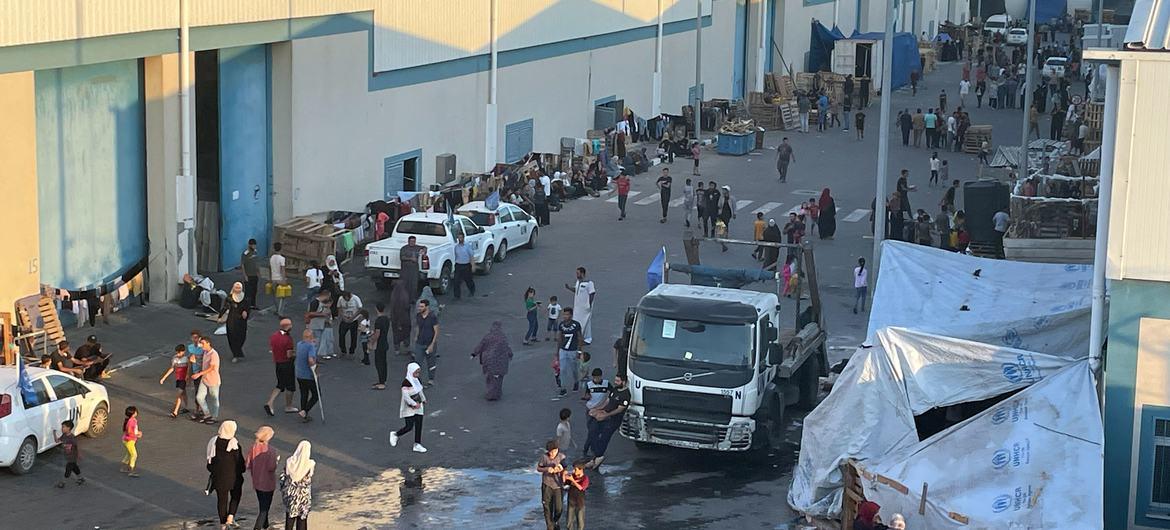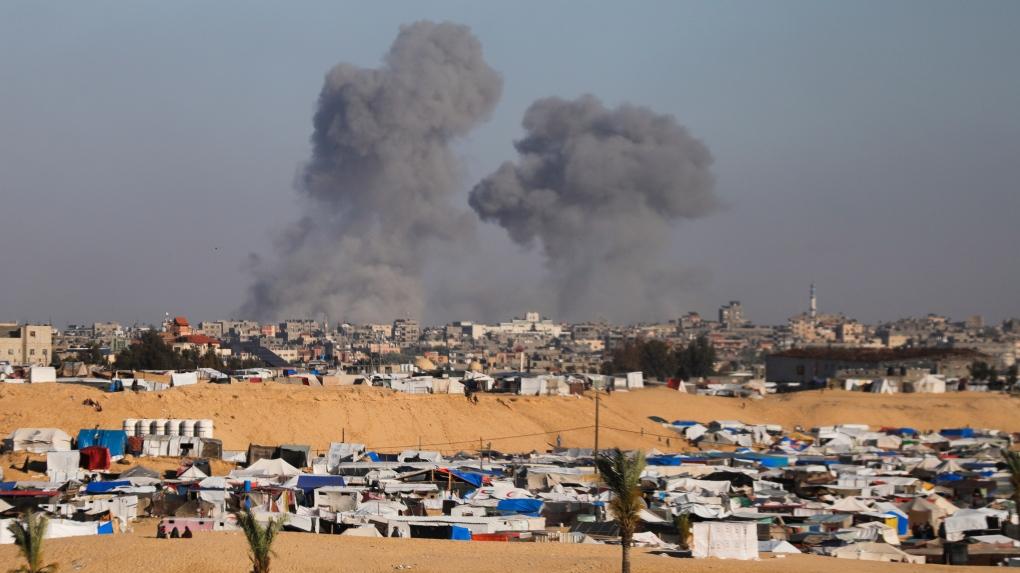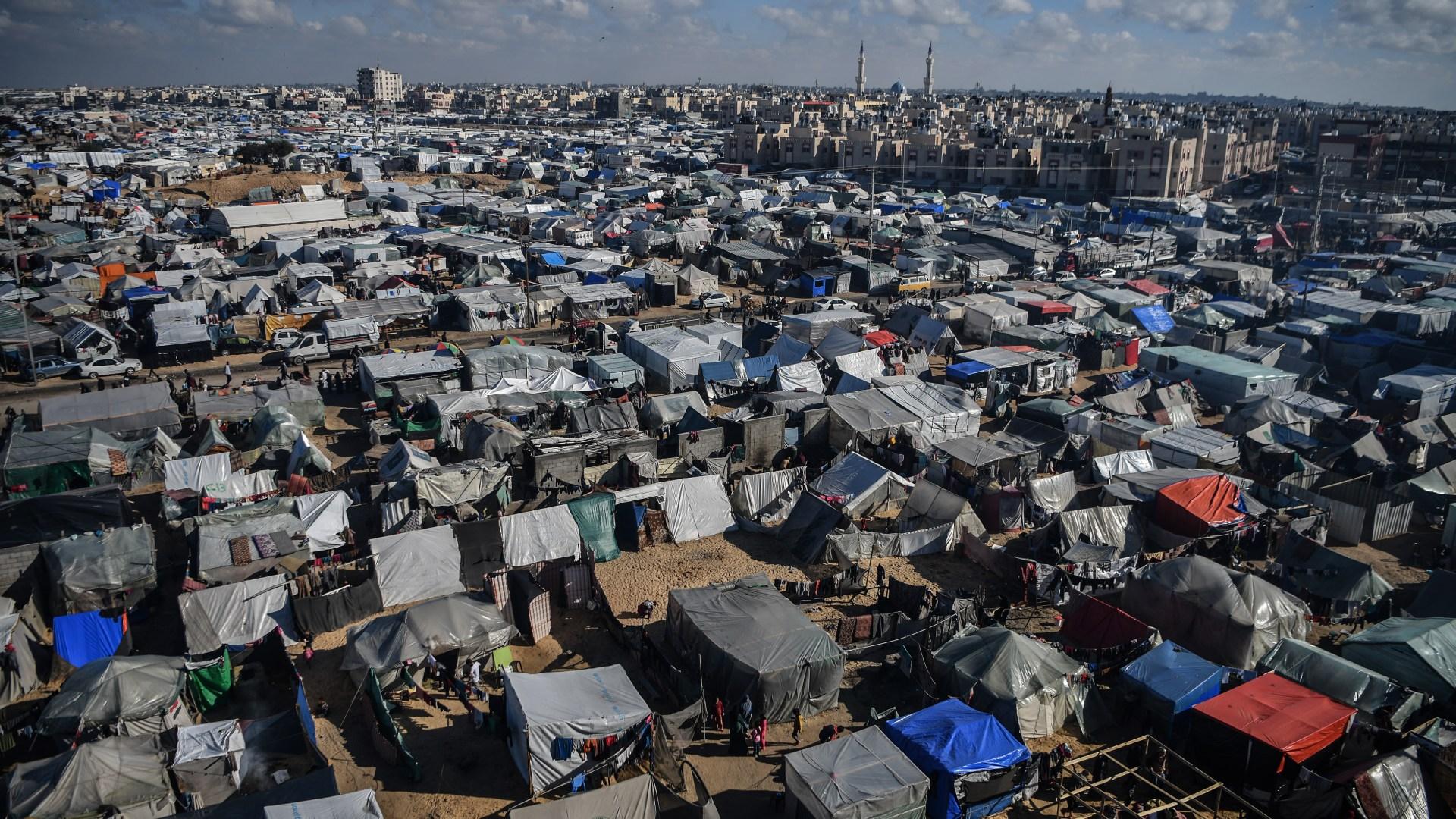Diplomatic pressure on Israel mounts amid Gaza war No exit strategy
On May 3, Türkiye announced that it had completely suspended all trade with Israel until there was a permanent ceasefire in the Gaza Strip. The recent decision is the latest international sanction against Israel and one that underscores the mounting global pressure to end the war in the territory. Türkiye's official statement came a few days ago from Israel's military operation in Rafah, the last stronghold of the Hamas militant organisation. Israeli forces entered Rafah on May 6 to topple Hamas and defend itself against internal and external threats.
Israeli Army entered Rafah amid Tel Aviv's negotiations on a ceasefire with Hamas in Egypt. While negotiators in Egypt struggle to strike a ceasefire-for-hostages deal between Israel and Hamas – which could see as many as 33 Israeli hostages released in exchange for a pause in the fighting that has raged for nearly seven months – Prime Minister Benjamin Netanyahu has come under increasing pressure from the extreme wing of his coalition to prioritise entering Rafah to attempt to destroy Hamas.

Many countries and international organisations describe Rafah, which is on the border with Egypt, as the heart of humanitarian relief operations in Gaza. Dozens of organisations have warehouses there, and nearly all medical supplies come into Gaza through the border crossing with Egypt.
Although Israel frequently cites national security concerns regarding the operation in Rafah, the growing number of casualties among Palestinians and damages are shrinking Tel Aviv’s diplomatic manoeuvering space and increasing international pressure on it. In March 2024, the UN General Assembly called for humanitarian ceasefires and, under heavy pressure, to step up aid deliveries in Gaza. Nonetheless, Prime Minister Benjamin Netanyahu has so far resisted pressure to change course, insisting that Hamas remains an existential threat to Israel that must be destroyed before lasting peace can return.

The war in Gaza has been raging for six months, and the patience of Israel's allies is running out. Even though the war against Hamas reflects Israel's notion of domestic stability and national security, it comes with a cost. Some countries have downgraded ties, while others have cut them entirely. Spain and Ireland, among other European nations, are advocating the largely symbolic step of recognizing a state of Palestine, which Israel also opposes.
Close partners such as the United States, Britain, and Germany, while still remaining strongly supportive of Israel, have become more openly critical of its conduct and the recently increased but still inadequate pace of humanitarian aid to Gaza.
More than six months into the war, IDF says that it managed to kill leading figures within Hamas, though the head of the military wing, Yahya Sinwar, evaded such a fate.
In addition to diplomatic pressure on isolation, regional partners of Israel, namely Egypt, are outraged by its decision to enter Rafah bordering the neighbouring country. As such, the Egyptian Foreign Ministry issued a statement in which it strongly condemned the Israeli operations in Rafah and the subsequent takeover of the vital crossing bordering Egypt. Moreover, the Egyptian parliament said in a statement that it holds all concerned parties, especially the Israeli government, fully responsible for any action that leads to a dangerous escalation and undermines the process of negotiations.

Egypt is more concerned about the possible implications of the Rafah operation, such as the flood of Palestinian refugees, the potential security vacuum in the border area, and the relocation of active military operations closer to its borders, thus destabilizing the region even worse. Notwithstanding, before the operation formally started, Israeli officials claimed 250,000 of the more than one million Palestinians who found refuge in Rafah had already left the city in the last two weeks since the IDF left the Khan Yunis area.
Israel is facing an impossible situation because the goal it has set for itself – eliminating Hamas – is both unachievable and very costly in terms of approval rates and human resources. As such, Israel cannot achieve its stated goal of eliminating Hamas in a few months because it is an integral part of the Palestinian society in the West Bank and Gaza.








